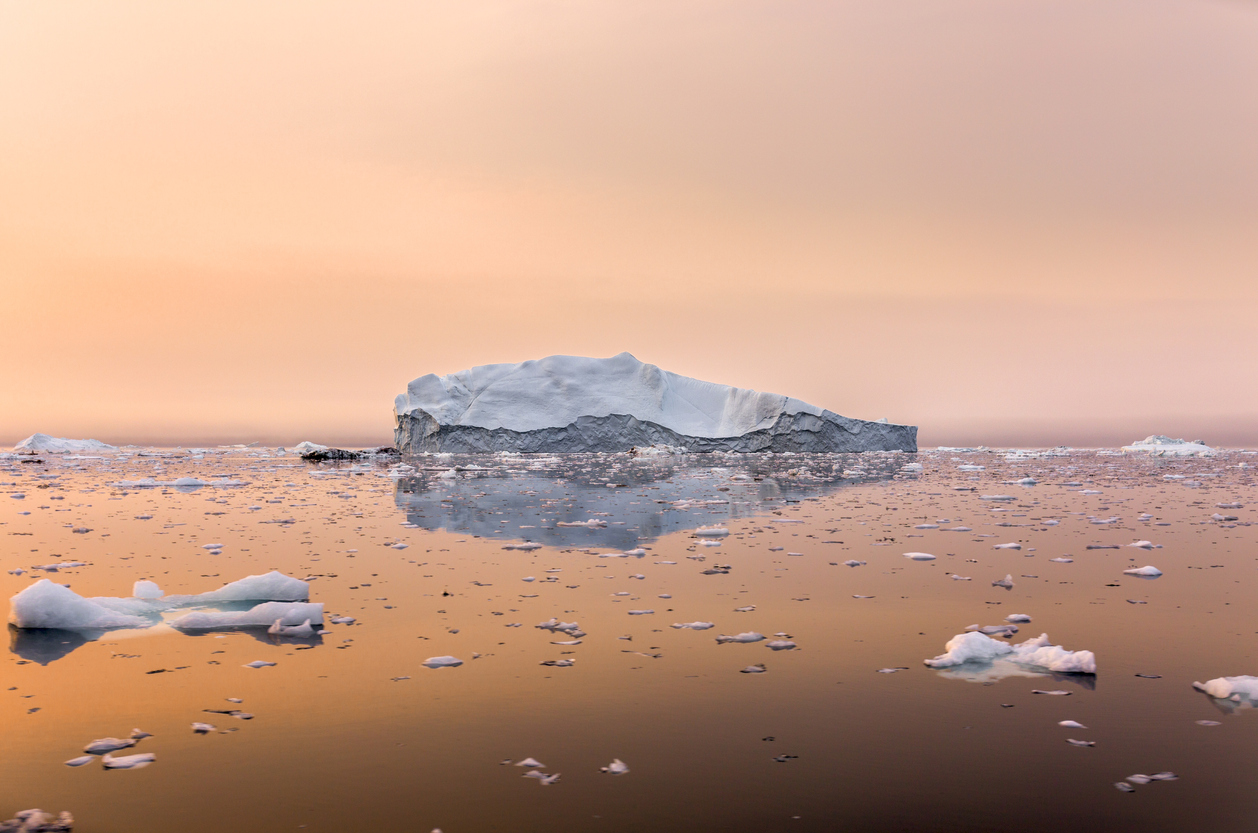2021 ranks as Earth's fifth-hottest year on record


A free daily email with the biggest news stories of the day – and the best features from TheWeek.com
You are now subscribed
Your newsletter sign-up was successful
Last year was planet Earth's fifth-hottest year on record, The New York Times reports Monday, per European scientists.
The researchers' finding also fits a "clear warming trend," writes the Times: "The seven hottest years on record have been the past seven."
Last year ranked fifth warmest at a slight margin over 2015 and 2018, according to Copernicus Climate Change Service, the European group who conducted the study made public on Monday. The years 2016 and 2020 are virtually tied for hottest on record.
The Week
Escape your echo chamber. Get the facts behind the news, plus analysis from multiple perspectives.

Sign up for The Week's Free Newsletters
From our morning news briefing to a weekly Good News Newsletter, get the best of The Week delivered directly to your inbox.
From our morning news briefing to a weekly Good News Newsletter, get the best of The Week delivered directly to your inbox.
Even if 2021's worldwide average temperature failed to surpass previous years' records, last year's climate events were nonetheless "a stark reminder of the need to change our ways, take decisive and effective steps toward a sustainable society and work toward reducing net carbon emissions," Carlo Buontempo, director of Copernicus, told the Times.
La Niña conditions, "a recurring climate pattern characterized by lower surface temperatures in the Pacific Ocean," assisted in lowering the mean temperature early in the year, though its effects were later offset by higher temperatures in many countries (though not all) between June and October, writes the Times, per Copernicus.
"When we think about climate change, it's not just a single progression, year after year after year being the warmest," said scientist Robert Rohde of Berkeley Earth. "The preponderance of evidence — which comes from looking at ocean temperatures, land temperatures, upper atmospheric temperatures, glaciers melting, sea ice changes — are telling us a coherent story about changes in the earth system which points to warming overall."
"Slight variations up or down, a year or two at a time, don't change that picture," he added. Read more at The New York Times.
A free daily email with the biggest news stories of the day – and the best features from TheWeek.com
Brigid Kennedy worked at The Week from 2021 to 2023 as a staff writer, junior editor and then story editor, with an interest in U.S. politics, the economy and the music industry.
